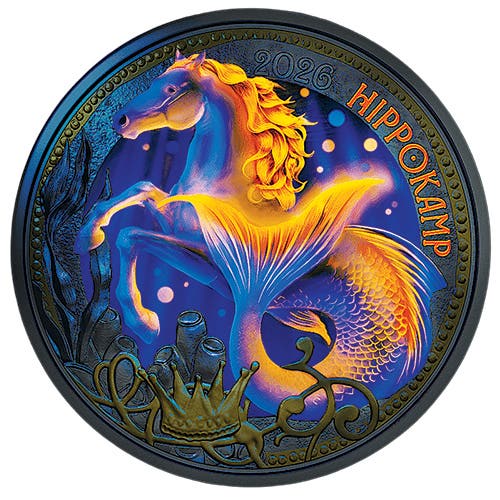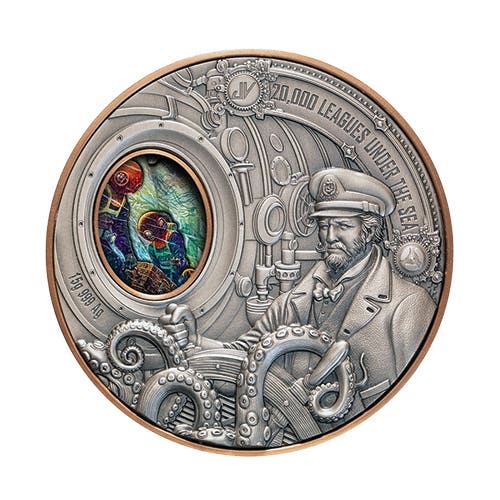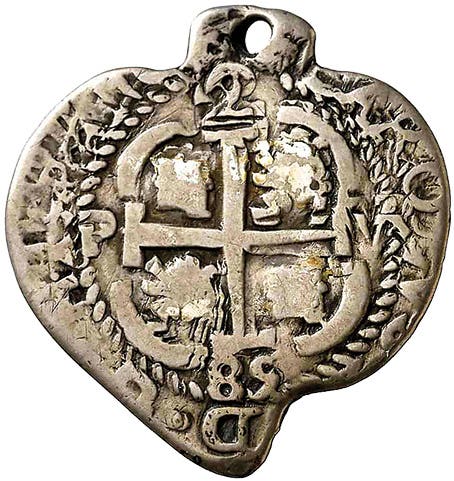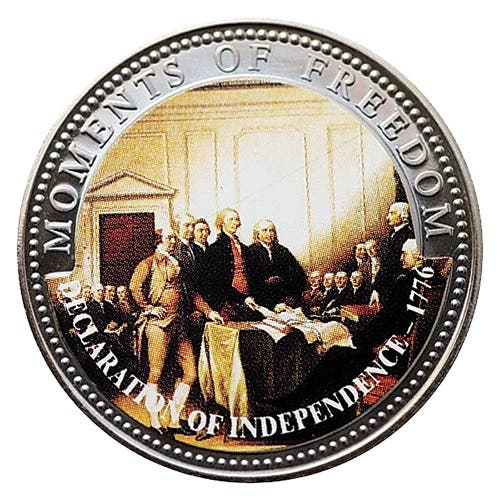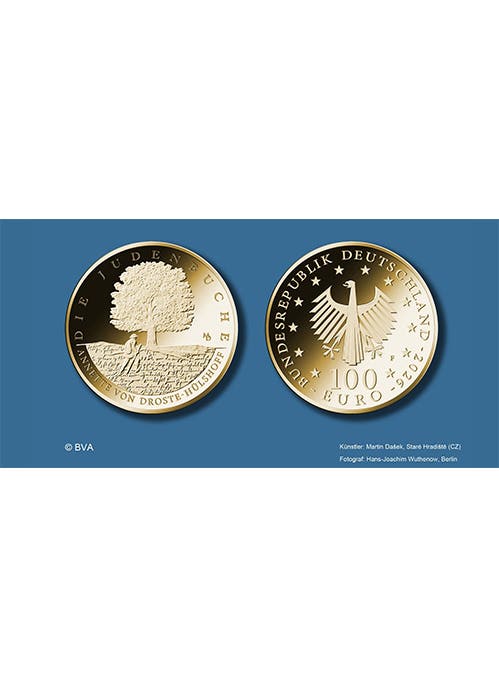Too Rare to Sell Spells Trouble
A business being too big to fail is an economic opinion. A coin that is too rare to sell opens a totally separate Pandora’s Box.
A business being too big to fail is an economic opinion. A coin that is too rare to sell opens a totally separate Pandora’s Box.
Prevention of the export of cultural patrimony is an ongoing concern when dealing with ancient coins found in countries such as Crete, Italy, and Turkey. But Great Britain? The British government has taken the highly unusual step of barring the door regarding the possible exportation of an ancient Brit coin of a local king who was a contemporary of Julius Caesar. “Great Caesar’s Ghost!?”
Unfortunately, it’s true. The gold coin in question is an issue of Esunertos (or Iisuniirtos), King of Wessex, between about 50 B.C. and 30 B.C. Caesar’s ill-fated attempt to conquer Britain took place in both 55 B.C. and 54 B.C. Caesar was assassinated in 44 B.C.
The coin is a quarter stater found in 2023 in Test Valley, Hampshire. It is 12.65mm x 11.75mm x 2.65mm and has the legend IISVNIRTOS, which translates to “Mighty as the God Esos.” Esos was a Celtic god worshipped in Britain and Gaul. Archaeologists have suggested Esunertos may have ruled from nearby Danebury Hillfort.
Ashmolean Museum Celtic Coin Index Archaeologist Dr. John Sills has examined the coin. According to Sills, this is one of only three known coins with the name Esunerto. All three coins were found in the same region, suggesting the territory controlled by Esunertos included part of what is now western Hampshire. Other sources indicate Esunertos’s name appears as IISVNIIRTOS on all the few gold and silver coins known on which he is named.
A team of experts headed by Spink Iron Age coin specialist Gregory Edmund recorded the newly found coin. According to Edmund, “This fabulous piece of prehistoric artwork completes the mental image we have when we think of Iron Age Britain – the war horse and chariot. But it also surprises us with the appearance of classical languages like Latin.”
Speaking out about the coin, Arts Minister Sir Chris Bryant said, “As a rare object from our distant past, I hope a suitable UK buyer can be found so it can teach us about this period in our history and be studied and enjoyed by the public for years to come.”
Bryant continued, “I earnestly hope that the deferral of this coin from being exported will allow a public institution to acquire and display this most special and nationally significant object, evidencing as it does the rule of Esunertos – one of the first British people whose name we now know. The decision on the export license application for the coin will be deferred for a period ending on Oct. 13, 2024 (inclusive). At the end of the first deferral period owners will have a consideration period of 15 business days to consider any offer(s) to purchase the coin at the recommended price of £20,040 (plus VAT of £680 which can be reclaimed by an eligible institution).”
The coin was found before the Treasure Designation Order 2023. The 2023 order designates a new class of treasure based on the significance of any particular find normally classified simply as treasure. The coin in question would not have met the definition of treasure at the time of its discovery. The Reviewing Committee on the Export of Works of Art and Objects of Cultural Interest is an independent entity serviced by the Arts Council. The Arts Council advises the Secretary of State for Culture, Media and Sport on if any cultural object planned to be exported is of national importance under specified criteria.
A government committee headed by Norfolk Museums Service Senior Curator of Archaeology Dr. Tim Pestell determined the coin is “so closely connected with our history and national life and was of outstanding significance to the study of archaeology, numismatics, history, and linguistics” that it shouldn’t be allowed to reside in a private coin collection outside of Britain.
This could set a dangerous precedence in numismatics and all collectibles. What if you owned a rare U.S. coin and couldn’t sell it to the highest bidder simply because the buyer was from another country and the coin would be leaving the United States? Coins purchased overseas could be barred from being sold to American collectors using this same “logic.” This is in addition to the existing complications regarding which coins can be imported into the United States based on a Memorandum of Understanding between the United States and another country.
Ironically, without perhaps as much fanfare as it deserves, another gold coin on which the name Esunertos appears was auctioned on Sept. 28, 2023, by Spink in Great Britain without any government deliberation on to whom it might be sold.
You may also like:





